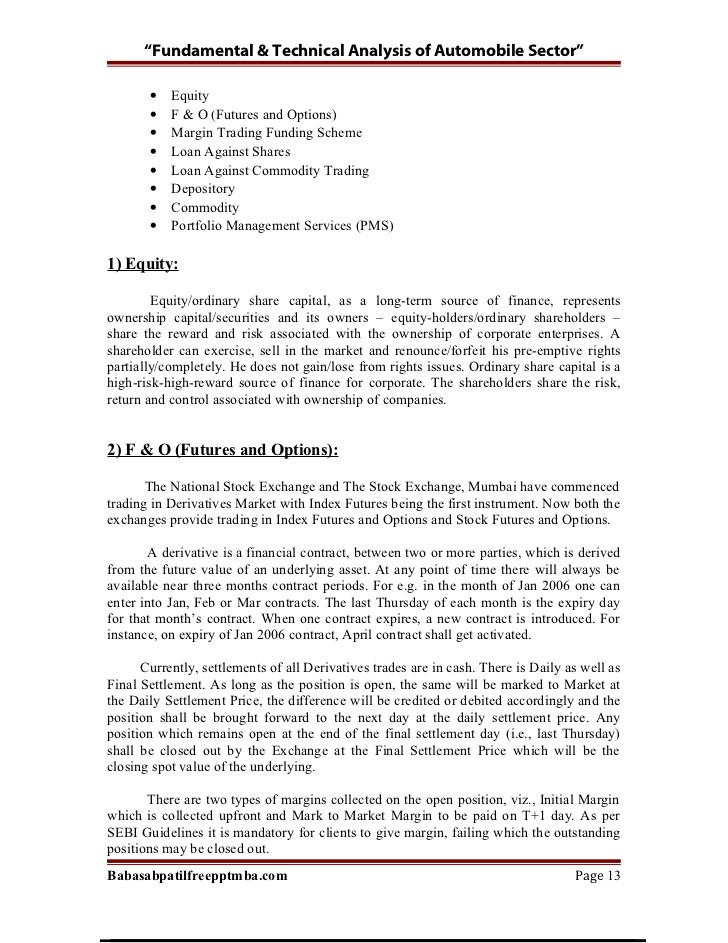Get information on Singapore’s Commodity Trading Act EServices International Enterprise
Post on: 8 Апрель, 2015 No Comment

Commodity Trading Act
The Singapore Government takes a firm stance against unlicensed commodity trading firms and individual traders, and illegal commodity trading activities. This is to eliminate bucket shops and promote a fair and transparent commodity trading environment in Singapore.
Bucket shops are firms that entice people through various tactics to open trading accounts with them but on contractual terms that are favourable towards these firms. The shops might bucket (claiming to effect transactions for the clients when they did not) or churn (make repeated transactions to earn commissions from the clients, causing clients to lose their entire investment.
To achieve this, the Commodity Futures Act (CFA) was initially enacted in 1992 to regulate trading in commodity futures contracts. It was mainly designed to approve and regulate commodity futures exchanges and clearing houses, provide for the licensing of commodity futures brokers, commodity futures trading advisers, commodity futures pool operators and their representatives), impose statutory requirements on such persons with regard to audit and disclosures to their customers and to provide for a system for the conduct of such persons to ensure adequate protection to investors. Initially it covered only commodity futures contracts that were traded at the Singapore Commodity Exchange (SICOM), namely rubber and coffee.
The CFA was amended by the Government in 2001 to become the Commodity Trading Act (CTA). The scope under CTA was expanded to cover all commodities and all forms of commodities trading activities, including brokering or advisory functions in relation to trading in commodity futures contracts, commodity forward contracts, leveraged commodity trading, trading in differences and spot commodity trading.
The CTA was further amended in 2008, and regulatory oversight of commodity futures was transferred from IE Singapore to the Monetary Authority of Singapore (MAS). The CTA now covers all commodities and regulates commodity trading activities, including commodity forward contracts, leveraged commodity trading, trading in differences and spot commodity trading etc.
Role of Agencies
International Enterprise (IE) Singapore is the regulatory body responsible for administering the CTA.
A firm or individual dealing in any form of brokering activities for commodity trading (other than the brokering of commodity futures) must apply for a licence and abide by the regulations under the CTA (unless specifically exempted under the Exemption Schedule Section 14A of the CTA).
While the CTA provides a safeguard for the public, the public must also remain vigilant and be wary of fraudulent firms and individuals in commodity trading.














